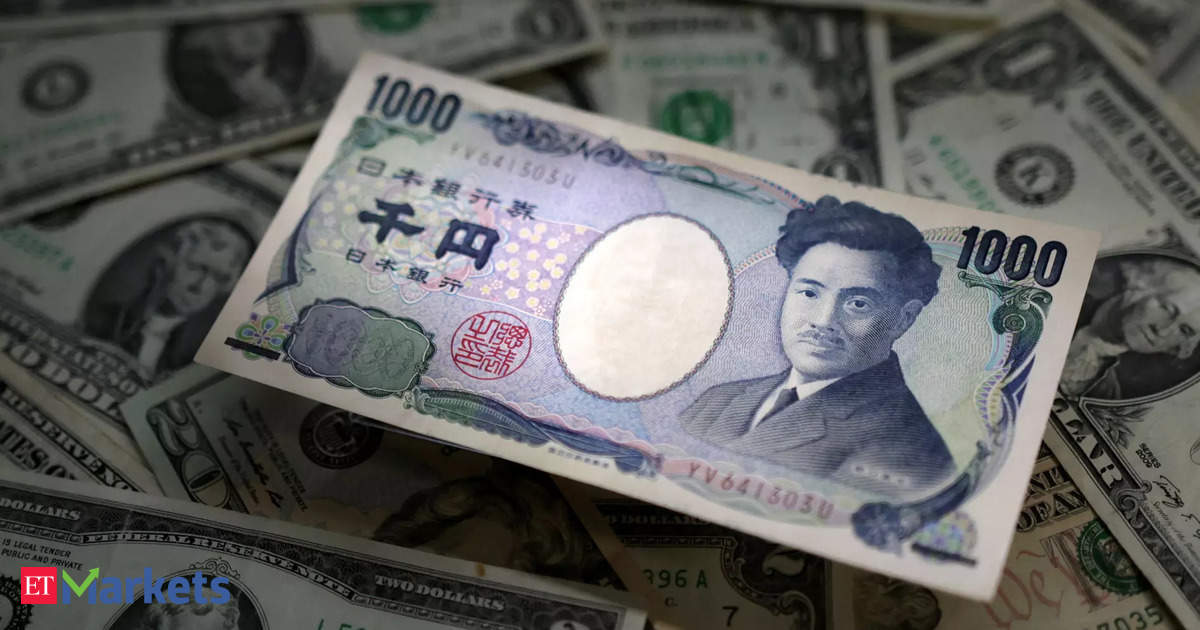Japan's yen hits 34-year low after BOJ holds interest rates
The Bank of Japan left its short-term interest rate target at 0-0.1% and projected inflation to stay around 2% over the next three years.
Markets had not expected any policy change, so moves were modest and focus now falls on Governor Kazuo Ueda's tone and outlook at his news conference at 3.30pm in Tokyo (0630 GMT).
The yen's 9% drop against the dollar this year is the largest fall of any G10 currency, driven mostly by the wide gap between U.S. and Japanese government bond yields, which is more than 375 basis points at the 10-year tenor.
The yen has slipped past levels at 152 and 155 to the dollar where traders had been wary of pushback or intervention from Japan though markets remain on high alert for official buying.
Japanese Finance Minister Shunichi Suzuki said on Friday he was closely watching currency moves and prepared to take full steps in response.
Elsewhere the dollar had dipped on softer-than-expected U.S. growth data, even as Treasury yields rose on a hotter-than-expected inflation indicator.
The euro rose 0.3% on Thursday to a two-week high of $1.0728 following data showing the U.S. had grown at its slowest pace in nearly two years in the first quarter. The annualised rate of 1.6% missed economist forecasts for 2.4%.
The Australian dollar, which has been boosted by a hotter-than-expected inflation reading this week, briefly topped its 200-day moving average to hit $0.6539, before settling around $0.6522 in Asia trade on Friday. [AUD/]
Sterling rose 0.4% on Thursday and was last at $1.2503. The New Zealand dollar was a touch firmer in Asia morning trade at $0.5960 and has gained in the previous four sessions.
Source: Forex-Markets-Economic Times
